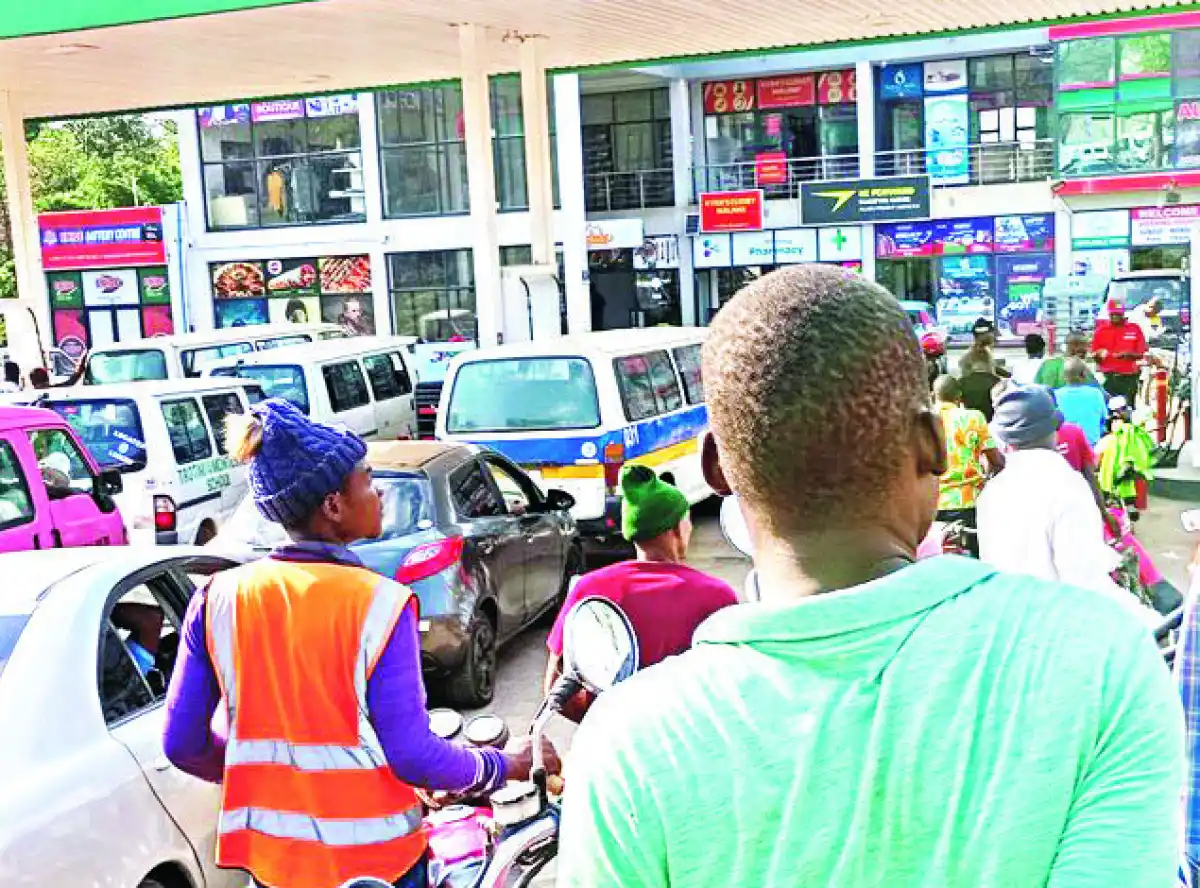
By Kingsley Jassi:
The World Bank has cautioned that implicit government subsidies across several sectors are deepening the fiscal hole that would be difficult to refill, thereby causing bottlenecks in the supply of critical commodities and services.
In its recent Malawi Economic Monitor (MEM) titled the ‘Rising Cost of Inaction’, the bank cited power tariffs “that have been too low to recover [the] cost of purchasing from power producers’, leading to $50 million arrears incurred by State-owned Electricity Supply Corporation of Malawi (Escom) due to deferred power tariff hike in 2023.
“Following the suspension of the November 2023 energy price increase for non-commercial customers, Escom has been unable to cover its costs, generating arrears of more than $50 million,” the report says.
The bank further warns that subsidies in water, electricity and fuel have contributed immensely to the current fiscal situation, with National Oil Company of Malawi incurring $70 million in arrears following low fuel pump prices in the country.
The bank has urged the authorities to allow cost-reflective prices that would not only improve the fiscal position but also ensure sustainability of supplies of key commodities.
The government is yet to react to the recommendations.
However, the authorities have been maintaining a stance of not approving fuel price hikes to reflect the cost of importation, saying other means are being explored to address the high cost of importation, including government-to-government deals that will also involve fertiliser.
Commentators have been calling for an increase in fuel prices to address the problem of intermittent supply.

Low fuel prices have resulted in K785 billion losses for petroleum importers, the bank estimates. While the Malawi Energy Regulatory Authority is covering these losses, importers are withholding K330 billion in levies that are supposed to be remitted to beneficiary institutions to finance road maintenance and rural electrification projects.
In the power sector, Escom Chief Executive Officer Kamkwamba Kumwenda was quoted as saying after the 44 percent devaluation in 2023, the government did not approve the power tariff hike for domestic customers, making the parastatal financially unsustainable.
The company has been paying power producers more than what it has been charging customers, a scenario the World Bank says has been creating fiscal pressure in providing financial cover.
The World Bank further said the foreign-exchange market was another major example of implicit subsidies, as the Reserve Bank of Malawi sells foreign exchange reserves at the official rate, which it says is significantly below the rate at which most market participants can access foreign exchange.
“Between 2019 and 2024, the RBM sold over $1.1 billion in foreign exchange to banks and other entities at the official exchange rate,” the report says.








0 Comments